The Hobbit’s Jared Connon on filming New Zealand and working with Peter Jackson
Hobbits have returned to New Zealand. Jared Connon is once again working with Peter Jackson, this time as Supervising Location Manager on the Hobbit films. Connon talks to TLG from Wellington’s Stone Street Studios about New Zealand’s development as a production hub.
Connon entered New Zealand’s filming industry in the early 90s. He was recruited into the locations department on the TV series Nga Puna, produced by the late Don Selwyn and made for New Zealand’s Maori and Polynesian communities.
It was here that Connon learned his trade: “It was a great apprenticeship in an environment specifically designed for the training and development of individuals, whilst working in a fully professional situation. To this day I credit a lot of my success to this solid and humble beginning in the film industry.”
Demand for New Zealand's raw visuals meant that the country had an immediate vested interest in expanding a national filmmaking infrastructure that was already in the international spotlight.
Lord of the Rings gave Connon his big break. He was brought onto a production team where he was the only person with actual experience of working in a locations department, although he was eventually joined by two more Location Managers. The team was then trained up in large-scale shoots by Richard Sharkey, the films’ Supervising Unit/Location Manager.
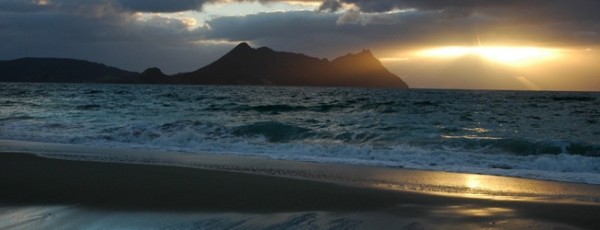
Connon’s role on the shoot became specialising in negotiating filming logistics with New Zealand’s Department of Conservation. The process gave him a real taste for large-scale production and he’s since worked on several major projects including Peter Jackson’s own King Kong remake. He’s currently Supervising Location Manager on the Hobbit films.
New Zealand’s untamed landscapes obviously got a major showcase in Lord of the Rings. Demand for these raw visuals meant the country had an immediate vested interest in expanding a national filmmaking infrastructure that was already in the international spotlight through popular TV productions like Hercules and Xena: Warrior Princess, as well as Oscar-winning films like The Piano.
We have an extremely versatile landscape which can often double for many other parts of the world and yet still holds its own mystique as a standalone location when explored to its fullest extent.
Jared Connon
Connon comments: “Scenery is certainly one of the key reasons that filmmakers initially took an interest in New Zealand. That and the nature of the landscape were critical in New Zealand becoming a key player on the filmmaking map. Being able to travel from mountains to oceans, forests and cities all within a few hours’ drive of each other was a huge benefit to productions.
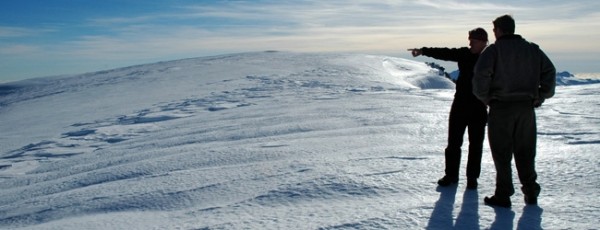
“We have an extremely versatile landscape which can often double for many other parts of the world and yet still holds its own mystique as a standalone location when explored to its fullest extent.”
Peter Jackson himself is very involved with selecting the locations for his films and clearly recognises the value of New Zealand’s natural landscapes. He has the advantage of already knowing the country very intimately, while he also has the resources to be able to explore less obvious choices.
Connon explains: “While other Directors from overseas may be overwhelmed by the plethora of choices of beautiful locations immediately available in New Zealand, Peter knows there are still more options available and will always push for the highest standard of locations to match his vision.
Peter Jackson also likes to spend time on the darker side of pictures where scenes sometimes require a more ominous or haunting tone, which is also fun, as this often requires a scout of some daunting territory.
Jared Connon
“He also likes to spend time on the darker side of pictures where scenes sometimes require a more ominous or haunting tone, which is also fun, as this often requires a scout of some daunting territory.”
New Zealand faces a challenge maintaining the balance between long-term conservation and allowing large-scale productions to lens the scenery. Connon comments: “The fact that these locations are so 'untouched', and yet so close to a fully functioning commercial sector, is almost an unparalleled situation throughout the world.
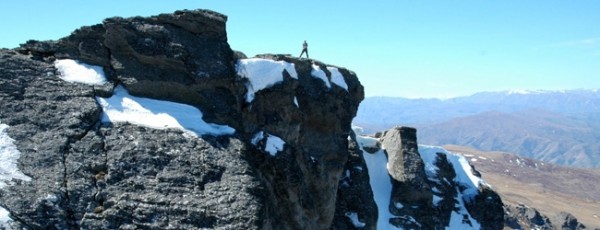
“Location Managers and Producers alike are keen to ensure that through close professional relationships with the Government agencies that manage these estates, future access for filming is supported and acknowledged as a complimentary partner in conservation.”
Over the past decade New Zealand has become a multimedia production hub, offering state-of-the-art sound stages, post-production facilities and visual effects companies. Connon also believes that Location Managers get the reverence they deserve, even if the praise for a job well done usually lacks the kind of fanfare that other production professionals often enjoy. He talks enthusiastically of working with landowners to secure location shoots and enabling them to become part of cinema history.
He concludes: “When the landowners take the project on board and feel a personal sense of achievement once the reinstatement is finally completed, that is recognition at its highest level for a Location Manager.”
For more information about Jared please click here.
Related Posts
- The Hobbit: Supervising Location Manager Jared Connon on epic New Zealand filming
- Filming New Zealand with top Unit Production Manager Brigitte Yorke
- Film NZ chief Gisella Carr on New Zealand’s location filming future
- Eleisha McNeill: Working as a TV fixer on location in New Zealand
- On location with Michael Brook, Manager of Screen Auckland
- DreamWorks prepares to film drama The Light Between Oceans in New Zealand
- New Zealand film tourism uses The Hobbit: The Desolation of Smaug
- Peter Jackson considers NZ balance between international filming and local stories
Related posts:
Global Filming Incentive - New Zealand (see more…)
Comments
Not Logged in
You must be logged in to post a comment
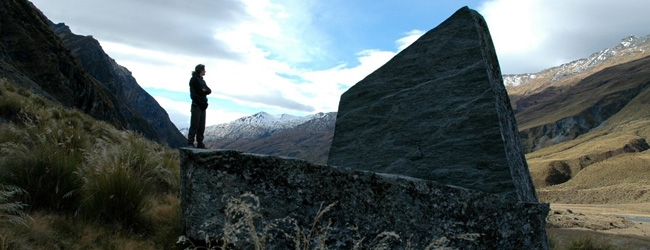
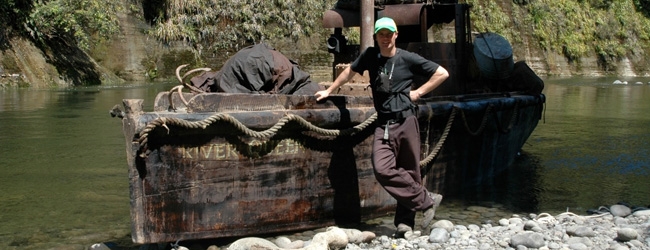
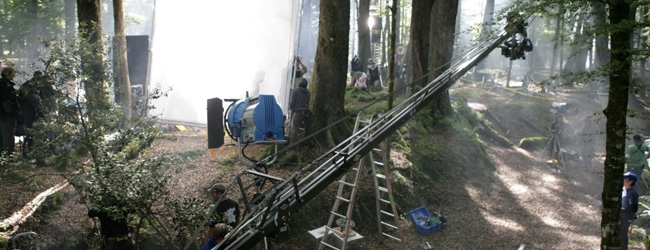
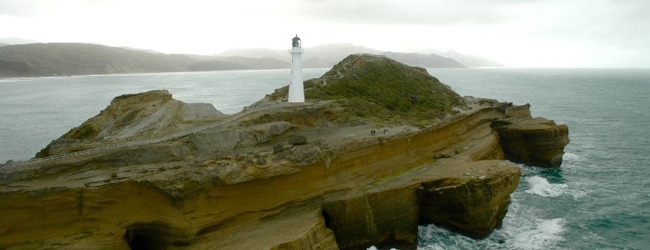
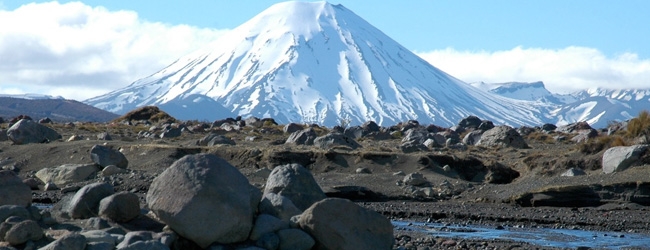
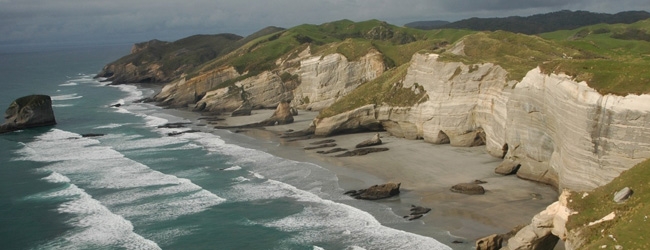
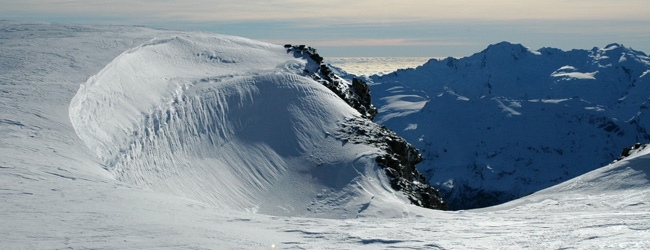
There are no comments